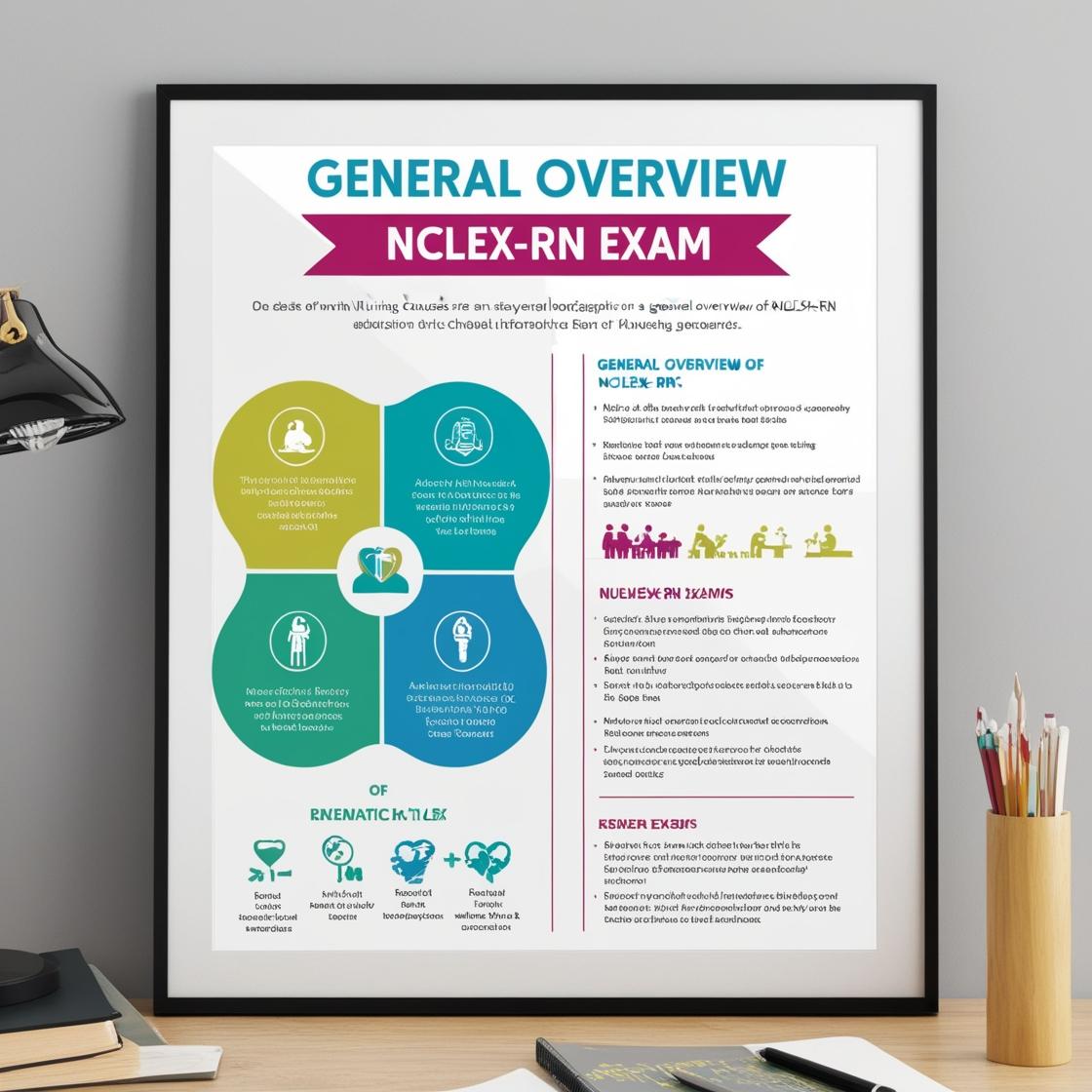NCLEX NCLEX-RN
Psychosocial Integrity NCLEX RN Questions
1. A 20-year-old female client with noticeable body odor has refused to shower for the last 3 days. She states, 'I have been told that it is harmful to bathe during my period.' Which action should the nurse take first?
- A. Accept and document the client's wish to refrain from bathing.
- B. Offer to give the client a bed bath, avoiding the perineal area.
- C. Obtain written brochures about menstruation to give to the client.
- D. Teach the importance of personal hygiene during menstruation to the client.
Correct answer: D
Rationale: The correct answer is to teach the importance of personal hygiene during menstruation to the client. While respecting the client's beliefs, it is essential to provide education on maintaining hygiene during menstruation. This empowers the client with knowledge to make informed decisions. Options A and B can be considered after providing education. Option C, obtaining brochures, is not the priority as direct communication and teaching would be more effective in addressing the client's concerns.
2. A 65-year-old client who attends an adult daycare program and is wheelchair-mobile has redness in the sacral area. Which instruction is most important for the nurse to provide?
- A. Take a vitamin supplement tablet once a day.
- B. Change positions in the chair at least every hour.
- C. Increase daily intake of water or other oral fluids.
- D. Purchase a newer model wheelchair.
Correct answer: B
Rationale: The most important instruction for the nurse to provide to the client is to change positions in the chair at least every hour. This is crucial to prevent pressure ulcers, as prolonged pressure on the skin can lead to tissue damage. Repositioning helps relieve pressure on vulnerable areas like the sacrum. Increasing fluid intake can also aid in preventing skin breakdown by maintaining skin hydration. While a vitamin supplement may support overall health, it is not as critical as repositioning to prevent pressure ulcers. Purchasing a new wheelchair is an expensive intervention and should be considered a last resort after implementing less costly preventive measures.
3. After a needle stick occurs while removing the cap from a sterile needle, which action should the nurse take?
- A. Complete an incident report.
- B. Select another sterile needle.
- C. Disinfect the needle with an alcohol swab.
- D. Notify the supervisor of the department immediately.
Correct answer: B
Rationale: After a needle stick, the needle is considered contaminated and should be discarded. The nurse should select another sterile needle to use. Completing an incident report is not necessary in this situation because the needle was sterile when the nurse was stuck and not in contact with any other person's body fluids. Notifying the supervisor immediately is not required as the situation can be managed by selecting a new needle. Disinfecting the needle with an alcohol swab is not recommended as it does not meet the standards of safe practice and infection control.
4. After receiving written and verbal instructions from a clinic nurse about a newly prescribed medication, a client asks the nurse what to do if questions arise about the medication after getting home. How should the nurse respond?
- A. Provide the client with a list of reliable internet sites that offer information on medications.
- B. Advise the client to obtain a current edition of a drug reference book from a local bookstore or library.
- C. Reassure the client that information about the medication is included in the written instructions.
- D. Encourage the client to call the clinic nurse or healthcare provider if any questions arise.
Correct answer: D
Rationale: To ensure safe medication use, the nurse should encourage the client to call the clinic nurse or healthcare provider if any questions arise. This direct communication allows for personalized assistance and clarification tailored to the client's specific concerns. Providing Internet sites (Choice A) may lead to unreliable information, and a drug reference book (Choice B) may not address individualized questions. While the written instructions may contain information (Choice C), they may not cover all potential queries the client might have, making direct contact with the healthcare provider the most appropriate option.
5. After informing an older client that an IV line needs to be inserted, the client becomes very apprehensive, loudly verbalizing a dislike for all healthcare providers and nurses. How should the nurse respond?
- A. Ask the client to remain quiet so the procedure can be performed safely.
- B. Concentrate on completing the insertion as efficiently as possible.
- C. Calmly reassure the client that the discomfort will be temporary.
- D. Tell the client a joke as a means of distraction from the procedure.
Correct answer: C
Rationale: The nurse should respond with a calm demeanor to help reduce the client's apprehension. By calmly reassuring the client that the discomfort from the procedure will be temporary, the nurse acknowledges the client's feelings and provides comfort. This response shows empathy and understanding, which can help build trust. Asking the client to remain quiet may escalate the situation and not address the client's underlying concerns. Concentrating solely on completing the insertion efficiently may overlook the client's emotional needs and may increase their anxiety. Telling a joke may not be appropriate in this serious situation and could be perceived as insensitive, failing to address the client's emotional distress effectively.

Access More Features
NCLEX RN Basic
$69.99/ 30 days
- 5,000 Questions with answers
- Comprehensive NCLEX coverage
- 30 days access
NCLEX RN Premium
$149.99/ 90 days
- 5,000 Questions with answers
- Comprehensive NCLEX coverage
- 90 days access
